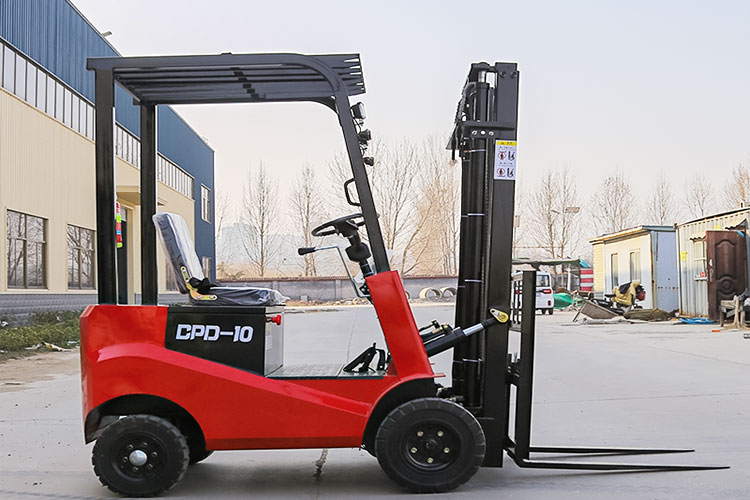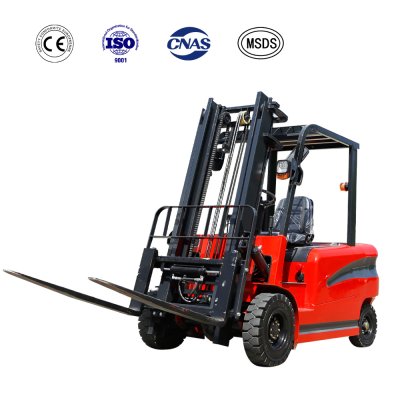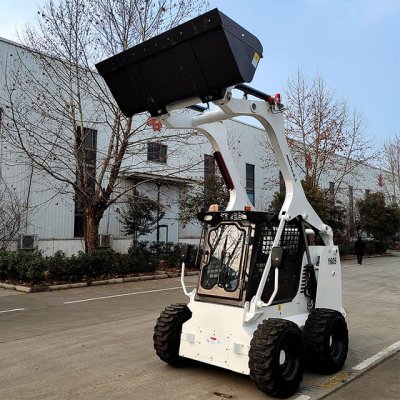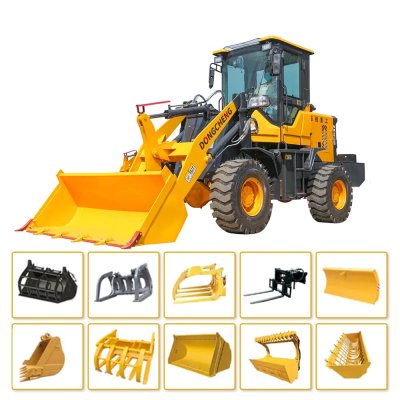The Disadvantages of Electric Forklifts
Electric forklifts are widely praised for their eco-friendliness and cost-efficiency, but they do have some notable disadvantages. First, their initial cost is higher compared to internal combustion forklifts, which can be a significant investment for small businesses. Second, electric forklifts require regular charging, which can lead to downtime in operations, especially in high-demand environments. Finally, they may not perform as well in heavy-duty applications or rough terrains due to their limited power and durability compared to diesel or gas-powered models.
At Dowell, we understand these challenges and strive to address them through innovative designs and advanced battery technology. Our electric forklifts are engineered to minimize downtime and maximize efficiency, ensuring they meet the needs of diverse industries.
Despite these disadvantages, electric forklifts remain a sustainable and cost-effective choice for many businesses. With proper maintenance and strategic planning, their benefits often outweigh the drawbacks, making them a valuable asset in modern warehouses and factories.





